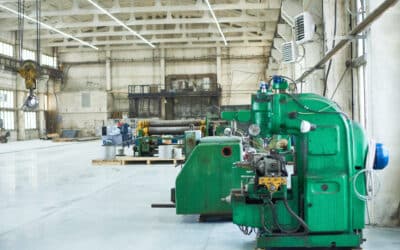What Muda Muri Mura is and why you should adopt it in Lean Management
Muda Mura Muri.
In this article, we’ll look in detail at what muda mura muri is and how it applies to Lean management.
The terms Muda Mura Muri: explanations
The term muda refers to anything that is considered wasteful in the production process. There are seven types of waste: overproduction, unnecessary stock, unnecessary transport, duplicate processing, product defects, waiting time and unnecessary work. All these types of waste have a negative impact on the efficiency of the production process and must therefore be eliminated.
Mura refers to inconsistencies and irregularities in the production process. These irregularities can be caused by unsuitable equipment, incorrect working methods or human error. By combating mura, the quality of the end product can be improved and the production process can run more smoothly.
Finally, muri refers to anything considered to be a source of unnecessary stress in the production process. Stress can be caused by unrealistic goals, a lack of flexibility or poor organization. The fight against muri helps reduce stress in the workplace and improve the quality of life of teams in the field.
The foundations of the Lean philosophy
Lean management is therefore based on these three fundamental principles, whether it’s a question of reducing waste, improving quality or reducing stress in the workplace.
This philosophy applies equally to factories and offices, and its importance continues to grow in the world of industry in general.
There are many benefits to be gained from Lean management, but it is important to stress that this philosophy should not be adopted lightly. Lean management requires precise organisation and iron discipline if it is to be implemented effectively.
If you want to adopt Lean management in your company, don’t hesitate to call on a specialist consultant to help you put the right practices in place.




0 Comments